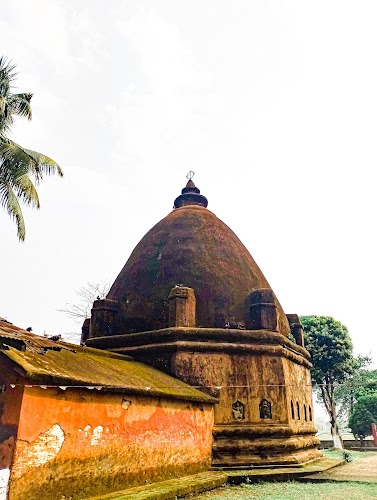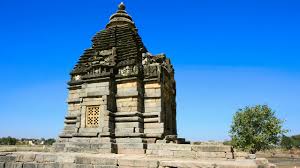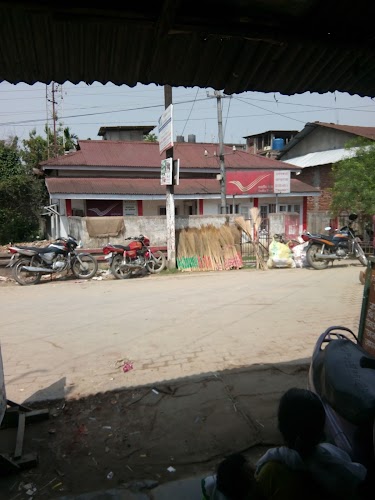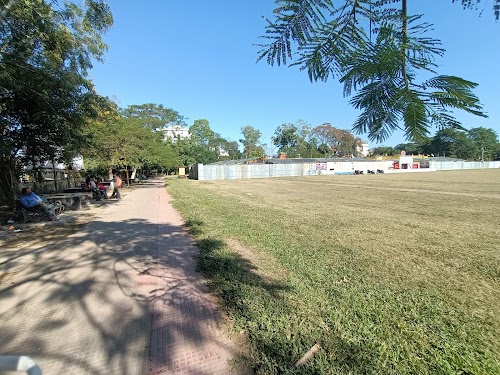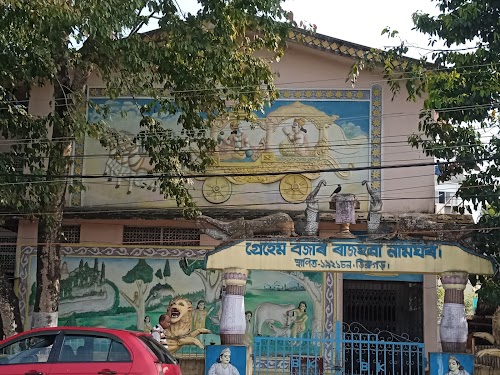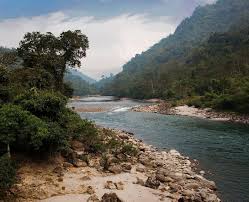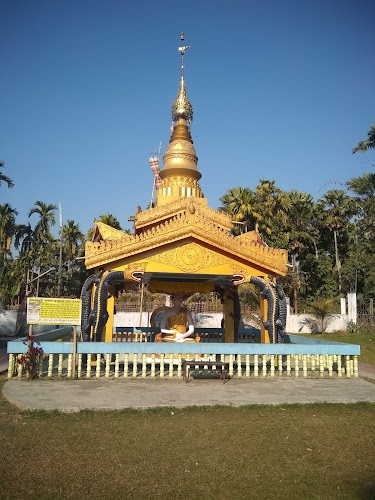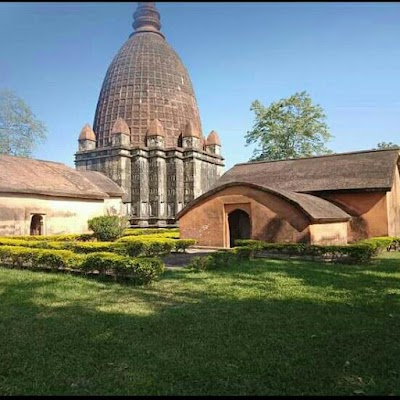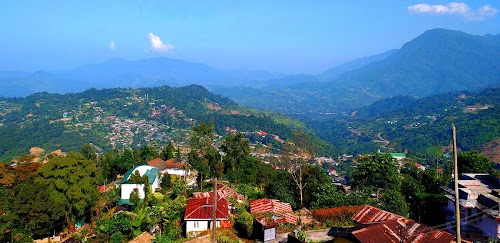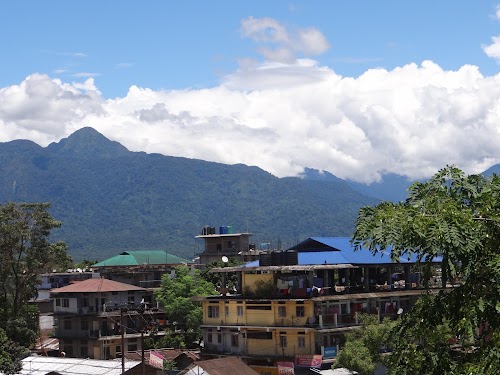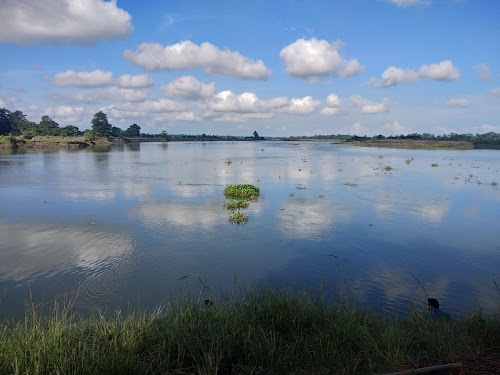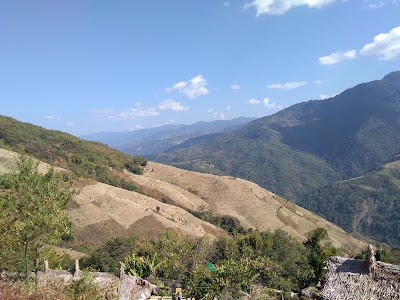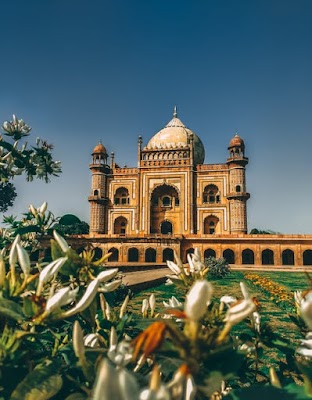
Dibrugarh, India
Dibrugarh, known as the 'Tea City of India,' is a major city in Assam, located on the banks of the Brahmaputra River. It serves as a gateway to Upper Assam and parts of Arunachal Pradesh. The city is surrounded by lush tea gardens, making it a scenic destination for nature lovers. It offers a blend of natural beauty, cultural experiences, and historical significance. Visitors can explore tea estates, wildlife sanctuaries, and enjoy the local Assamese hospitality. The city is also a commercial hub with a growing infrastructure.
Known for:
History:
Dibrugarh's history is intertwined with the tea industry. The British established tea plantations in the region in the 19th century, leading to the growth of the city as a major tea trading center. The Ahom kingdom, which ruled the area for centuries, also left its mark on the region's history. The city played a significant role in India's freedom movement. During World War II, Dibrugarh was an important base for Allied forces. Today, the city's historical sites and colonial-era bungalows offer glimpses into its past.
How to reach:
Dibrugarh is well-connected by air, rail, and road. The Dibrugarh Airport (DIB) has regular flights from major Indian cities. The Dibrugarh Railway Station is a major railhead on the Northeast Frontier Railway. National Highway 37 connects Dibrugarh to other parts of Assam and neighboring states. Local buses and taxis are available for transportation within the city.
Places in Dibrugarh, India
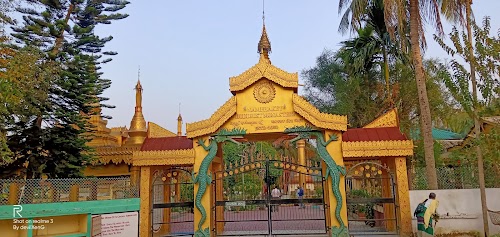
Namphake Village
Dibrugarh, India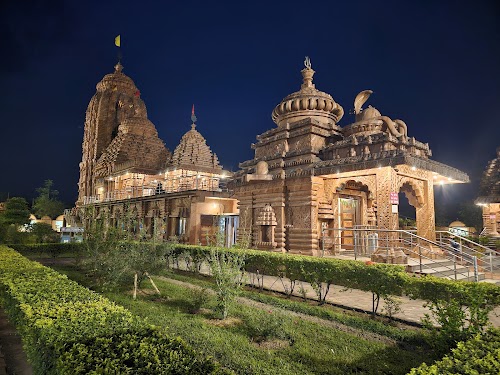
Jagannath Temple
Dibrugarh, India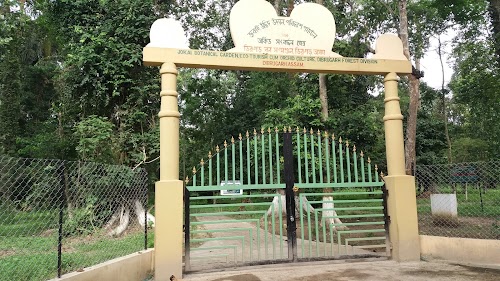
Jokai Botanical Garden
Dibrugarh, India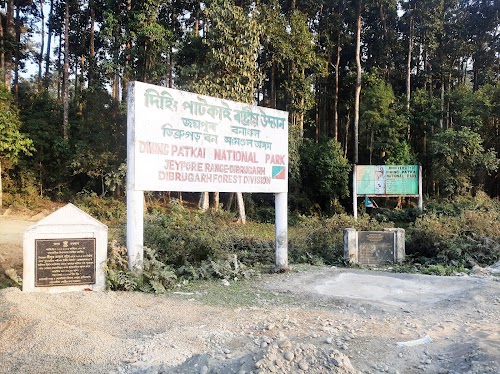
Dehing Patkai Wildlife Sanctuary
Dibrugarh, India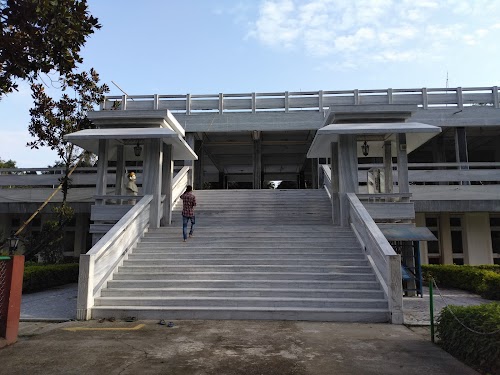
Radha Krishna Mandir
Dibrugarh, India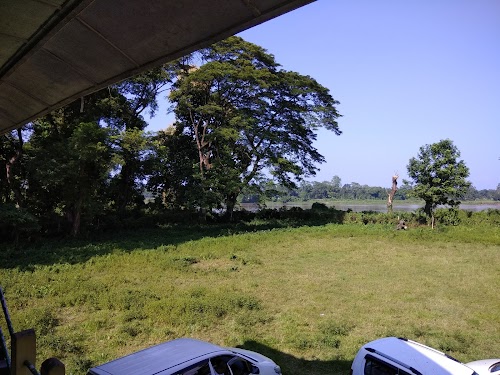
Joypur Rainforest
Dibrugarh, India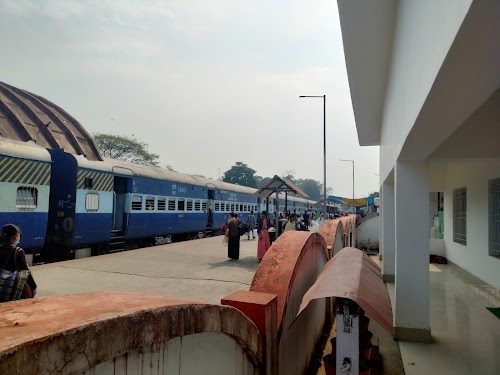
Margherita
Dibrugarh, India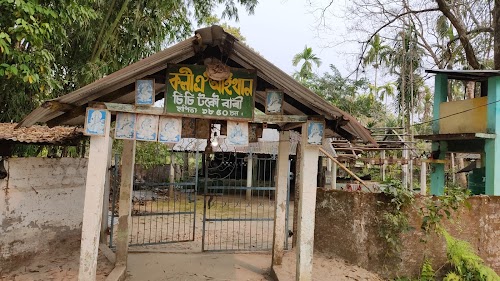
Koli Aai Than
Dibrugarh, India